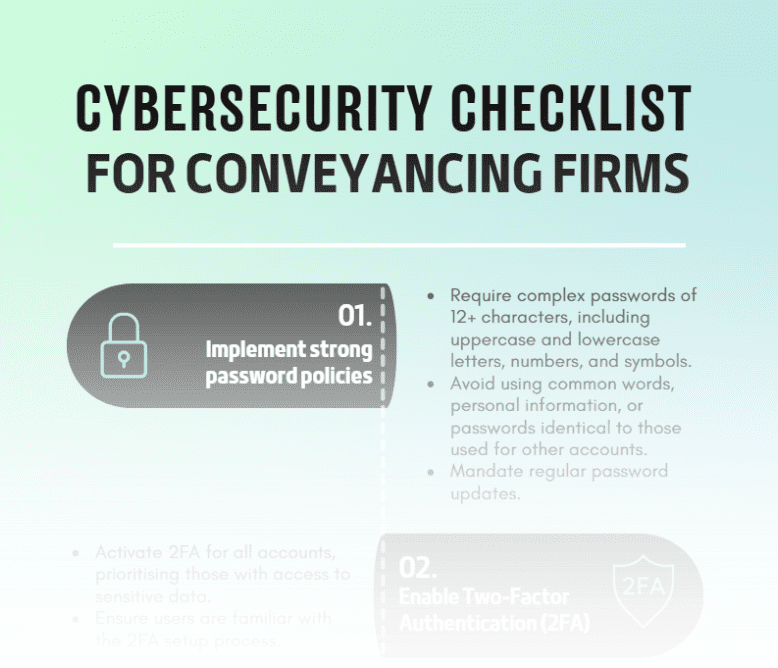With the popularisation of modern technology such as Artificial Intelligence (AI) like chatbots, we’re in an age where nearly any question can be answered in mere seconds.
With uncharted waters ahead for its application in different industries, the Australian legal sector must quickly adjust for what it deems an appropriate use for the automated technology.
So, what are the potential benefits and drawbacks of applying AI language models like ChatGPT to the legal profession?
AI Benefits
ChatGPT is an AI language model that understands natural language input and generates highly convincing and contextually relevant responses. It can be applied to the legal profession in two significant ways.
Answering legal queries: Lawyers can ask AI language models to supply them with legislation relevant to a specific matter or client query, freeing up time to focus on more complex tasks. Additionally, applications like ChatGPT can assist lawyers in drafting legal documents, such as contracts, by providing suggestions for language and identifying potential errors or issues.
In the courtroom: Using the AI models, judges can use it to assist in legal research, helping them to quickly find relevant case law and legal precedent. This can save time and resources, allowing judges to make more informed decisions.
Overall, the use of models like ChatGPT has the potential to reduce the workload of lawyers, increase efficiency, and improve the accuracy and quality of legal advice. Despite this being a potential “easy road” to research and legal application, there should always need to be double and triple checks on the information provided.
AI Drawbacks
While there are some potential significant benefits to using AI to help with efficiency and time saving, there is equivalent downsides that must be considered.
Affordability: Chatbots and other AI tools may make legal services less accessible to those who cannot afford them. If a firm subscribes and pays for the use of the AI models, it may exacerbate affordability of legal services as AI is expensive to develop and implement.
Accuracy and reliability concerns: While AI-generated legal advice is a highly advanced AI language model, it is not perfect. There is a risk that it may provide incorrect or incomplete advice, which could have serious consequences for clients and for the firm.
Legal Bias: Models like ChatGPT are only as unbiased as the data it is trained on. If the data used to train the model is biased, then the advice it provides may be biased as well.
Ultimately, AI can be utilised to help the Australian legal industry become more automated and efficient. However, this will need to be done with strict conditions and monitoring if the industry is going to maintain legal, accurate and ethical practice.
For more legal news and insights, subscribe to The Conveyancing Digest newsletter.






